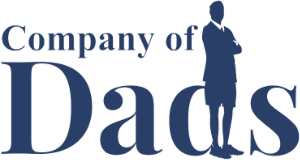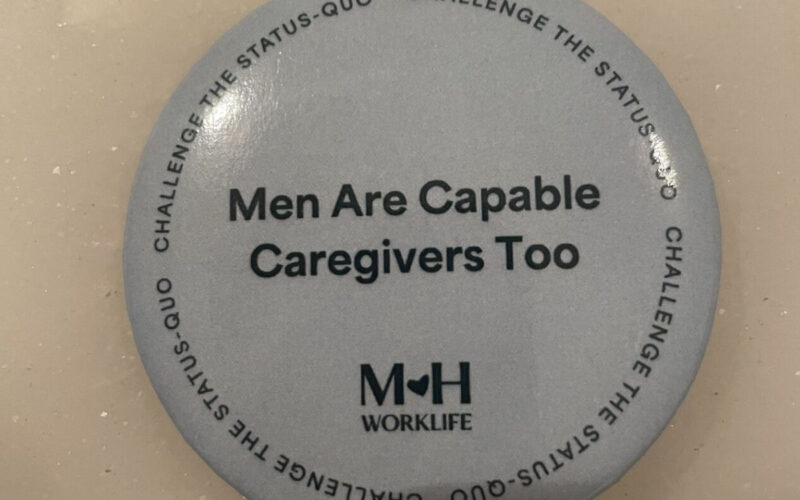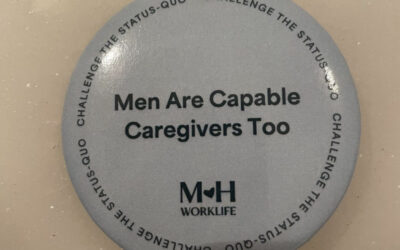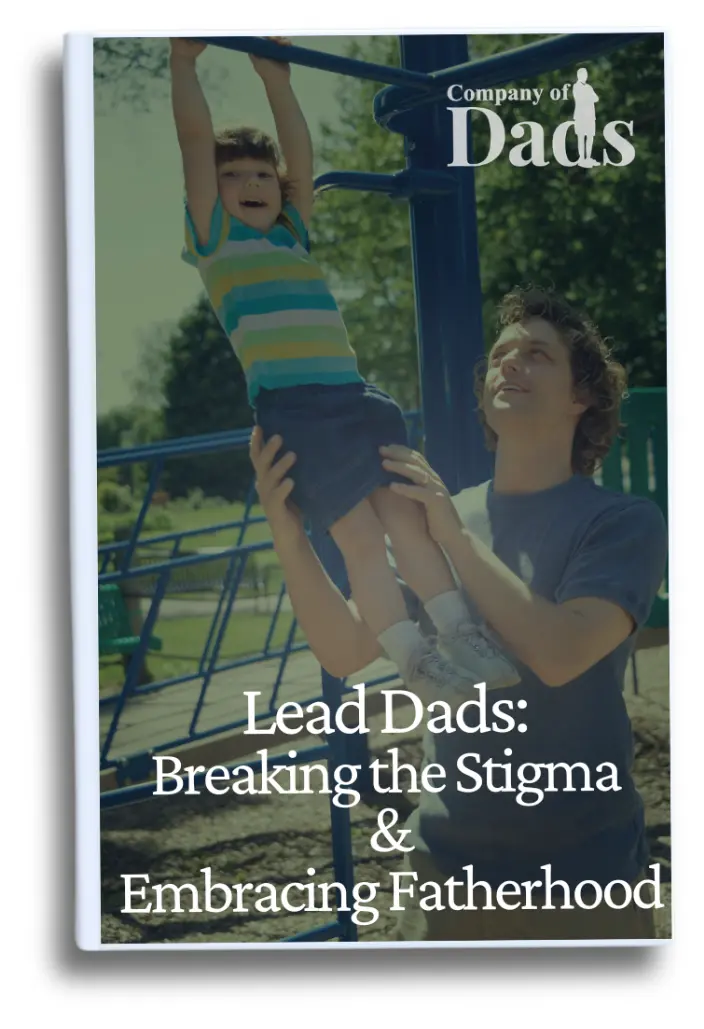Language matters in the workplace.
Too often managers and colleagues fall back on tired phrases. Those phrases perpetuate outdated beliefs around how, when and why people work.
So it was amazing to spend the day at the MH WorkLife ’s Care at Work conference. Here are some ways of reframing work issuses that can change outmoded ways to thinking.
My co-panelist Neha Leela Ruch, founder of Mother Untitled, talked about women who step out of the workforce for a period of time as taking a “career pause”.
Joy Altimare, chief revenue officer at Havas Media Network, asked: “Where’s my sandwich?” It’s a phrase she coined in the early days of the pandemic. With Zoom calls stretching for 4, 5, 6 hours without break, she noticed hands coming into the screens, delivering sandwiches, water and other snacks to an all-male leadership team where she was the only black female in the C-suite. “These people didn’t realize that I was a mother and a wife and no one was bringing me a sandwich.”
Jeanelle Teves, Bugaboo’s general manager for North America, spoke about WIN Fridays – a concept borrowed from a kindergarten teacher. WIN stands for What I Need, and it allows employees to ask for a WIN no questions asked. (A worker’s afternoon pottery class is as valid as a parent’s care crisis.)
“Care isn’t a weakness,” said Blessing Adesiyan, MH Worklife founder. “It’s our greatest strength. It’s the driving force behind our organization’s greatest successes.”
Paul Nezaum Saiedi, head of DEI at Uber: “Workplaces have to have leaders who are trained in empathy and compassion.”
Sarah Bernier Olin, PCC, founder of Lumo, which works with employers to create policies to retain more employees, said: “Managers get promoted but they don’t necessarily get skilled up. You end up playing manager roulette. A company can have gorgeous policies on paper, but does it have the culture to support them?”
“Skills-based is how hiring has to go,” said Abigail Carlton, v.p. of social impact at Indeed. “Skills are a great indicator of job performance. What’s a bad indicator? A degree.” She expanded: “When we use these old proxies of who makes a good fit for a job, we screen out a whole bunch of people who have come to their skills in a nontraditional way.”
At The Company of Dads we always use the phrase hashtag#LeadDads to describe men who are the go-to parent. It’s important for Lead Dads who work full or part time. They are not Mr. Mom or the House Husband.
And it’s crucial for Lead Dads who devote all their time to their families. They are not stay-at-home dads. There is no such thing. Any parent who is caring for children, supporting a partner and managing the day-to-day of life is not staying anywhere. They are leading by example for their sons and daughters and in their community.
Nothing is lost in using more specific language and so much stands to be gained.









